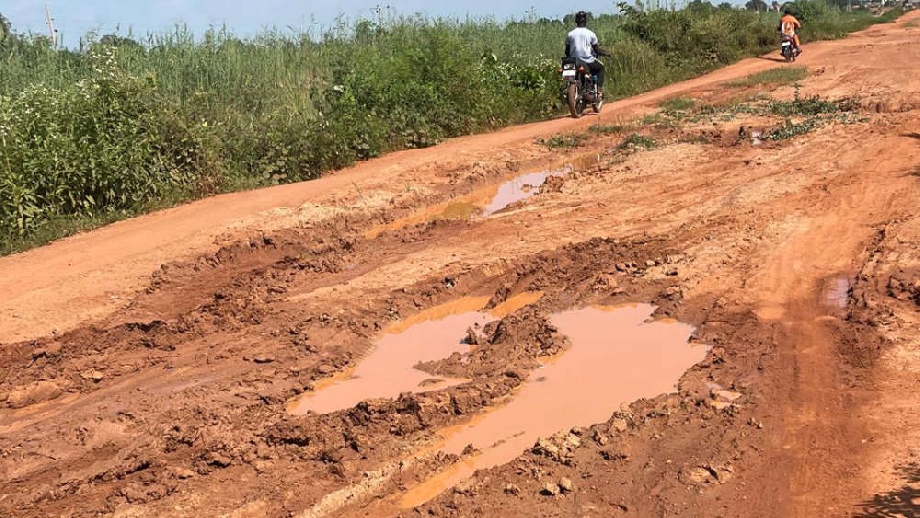
It was supposed to be a season of joy for Fatima Abdullahi Nuhu, a young woman from Ciroma in Garin Mallam Local Government Area, as her wedding was only a few months away.
Friends say she was full of life, always laughing, always hopeful. But that laughter was silenced one evening when Fatima never returned home from the farm.
“She left home to feed home,” her elder brother Jamilu Ibrahim Idris recalled, his voice shaking.
“She went to the farm to get food for the family, but she died on her way back because of the bad road," he said.
Jamilu said the accident that took Fatima’s life happened when the motorcycle carrying her tried to dodge a deep pothole but lost balance. She fell into a pond, and her body was found the next day.
“I am still in shock. Every time I pass that spot, I remember her. It’s hard to believe she’s gone because of a road that should have been fixed long ago.”
Once a road that connected farmers to their livelihood, the route linking Garin Babba to neighbouring communities in Garun Mallam, Bunkure, and Rano has now become a trap, claiming lives, destroying livelihoods, and dimming the hopes of an entire community.
For the people of Garin Babba, a major farming hub in Kano State, the journey to and from the farm has become one filled with fear, pain, and tears.
Naziru’s Limp, Lawan's Loss of Livelihood and the Broken Bridge
Not far from where Fatima died, Naziru Hamisu Muhammad walks with a limp. When I met him, his right leg was bandaged, and his face carried the scars of an accident that nearly cost him his life.
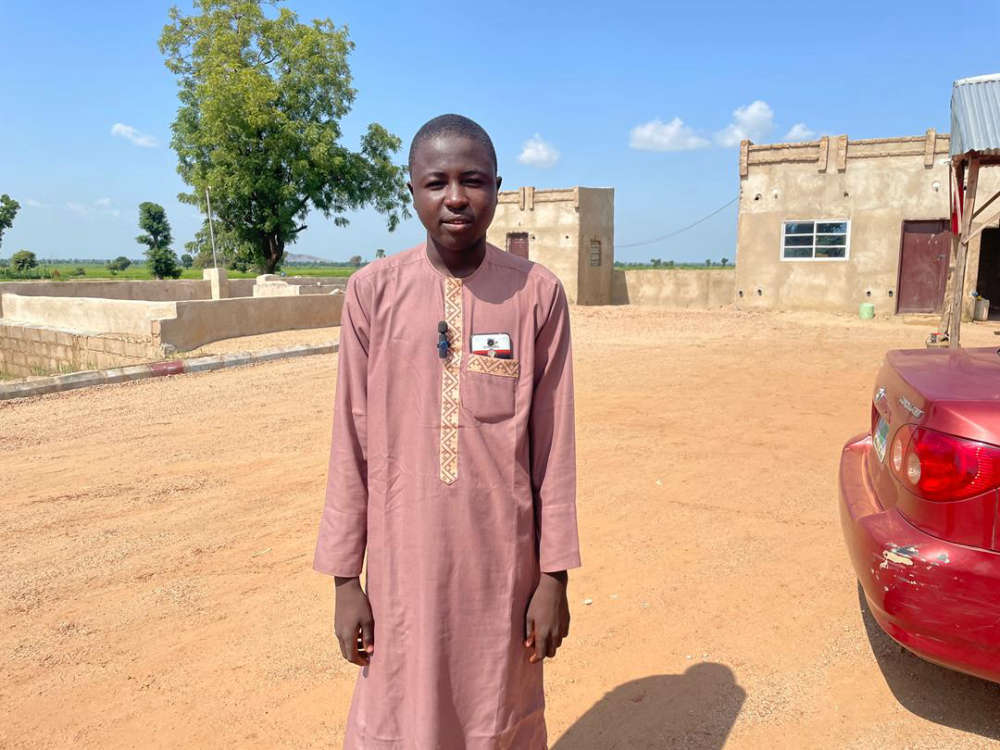
Naziru Hamisu Muhammad
“I broke my leg when two motorcycles collided,” he said, wincing as he adjusted his crutch. “We were trying to avoid a broken bridge on the road. Everyone knows that bridge is dangerous, but there’s no other way to pass.
"My leg may heal, but life will never be the same.”
For Lawan Umar, the pain is not from wounds but from lost income. As a commercial motorcyclist, Lawan once earned between N30,000 and N50,000 weekly, ferrying farm produce from Garin Babba to nearby markets.
“Before the road got bad, I made good money,” he said. “Now, I hardly make half of that.”
Lawan’s bike lies parked near his home, its frame bent, its tyres worn from years of navigating potholes and mud. “I’ve broken my leg once using that road,” he added. “But what choice do I have? If I stop, my family won’t eat.”
The High Cost of Farming in Garin Babba
Garin Babba’s reputation as a major farming hub in Kano is fading fast. According to Yusa’u Umar, a farmer with nearly 30 years of experience, the cost of moving produce has tripled.

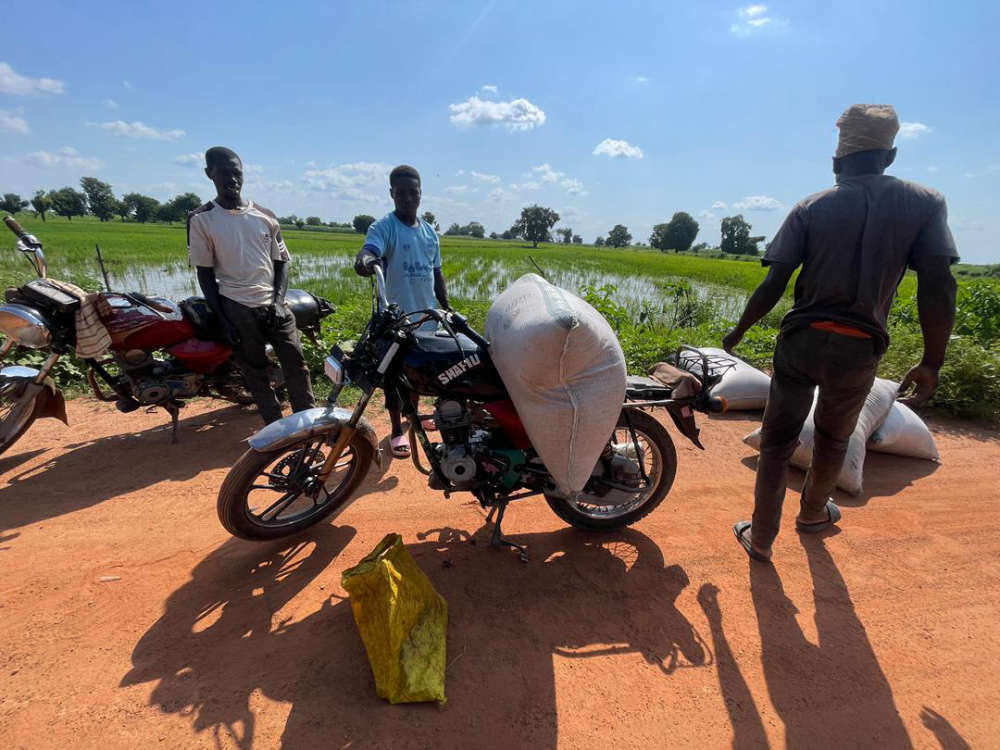
“Before, we paid less than N1,000 to move a bag of produce,” he explained. “Now, we spend between N2,000 and N2,500 per bag just to transport it outside the community.”
Yusa’u produces between 200 and 250 bags of grain every year, but the profit from his hard work continues to drop.
“Sometimes, I just sell cheaply so the produce doesn’t spoil. If the road was good, we could make more money, send our children to school, and live better lives,” he said.
When a Mother Died in Transit
Not all the tragedies happen on the way from the farm. Some happen on the way to the hospital.
According to Abba Tijjani, the Secretary of Tricycle Operators in Garin Babba, an expectant mother recently lost her life when his tricycle hit a pothole while rushing her to the hospital.
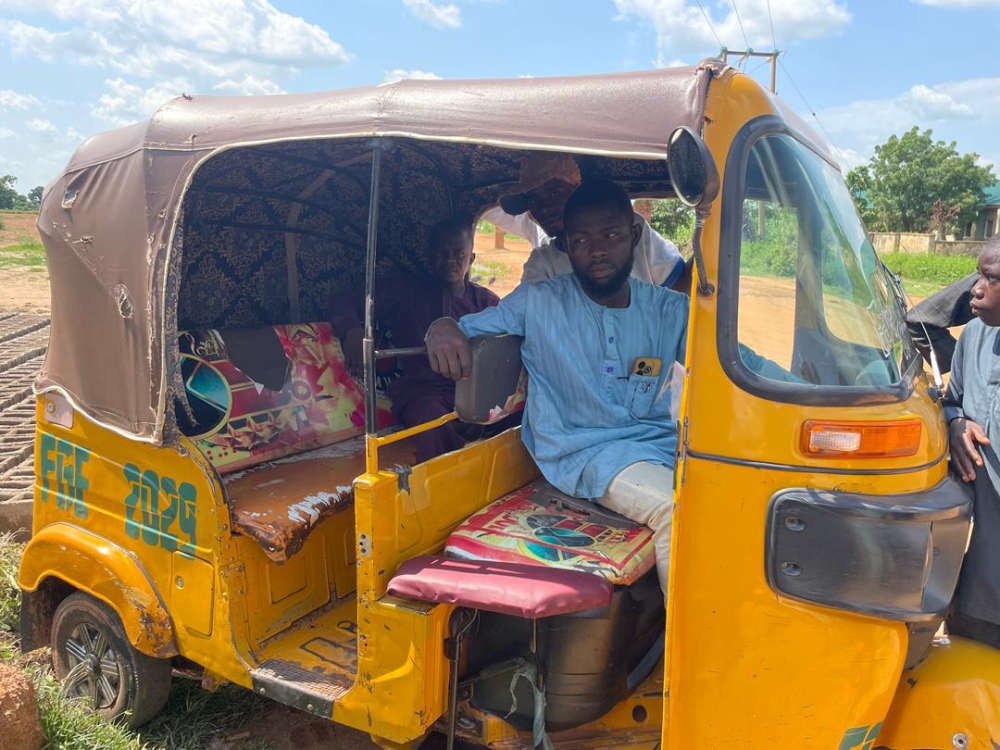
“It was around 2 p.m. when her water broke. I picked her up, but the road was too bad. We fell into a deep pothole, and she didn’t survive the fall. I still remember her cries.
I had to take her home to her family,” he adds.
A Road That Divides, Not Connects
A visit to the road paints a clearer picture of the suffering. Only one vehicle can pass at a time, as deep gullies and broken sections make navigation risky.
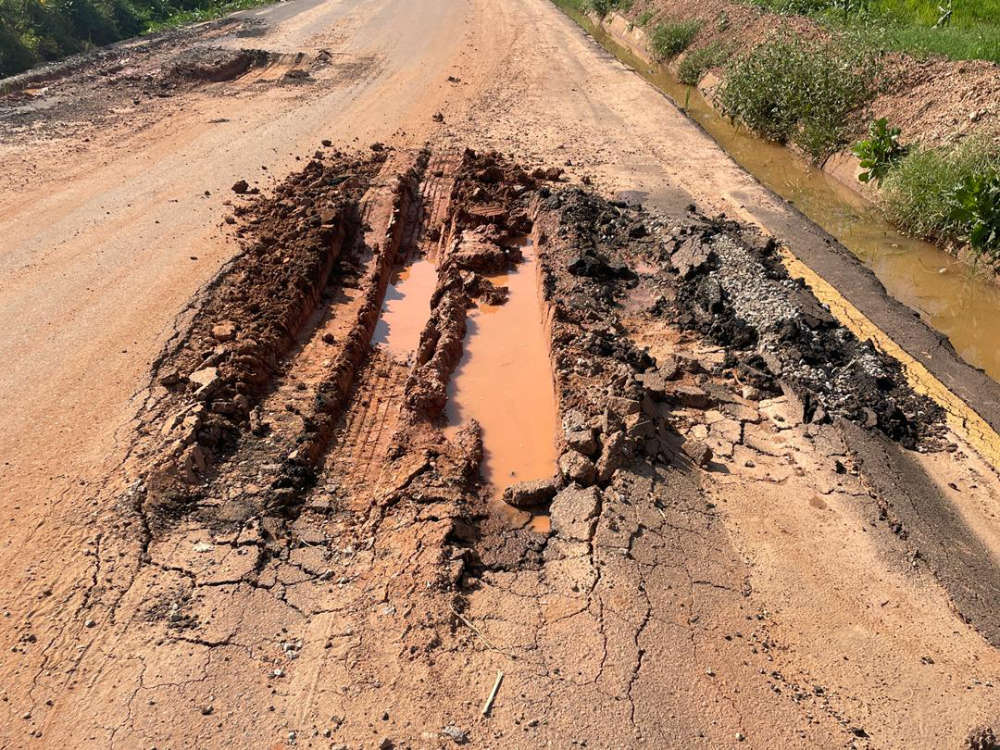
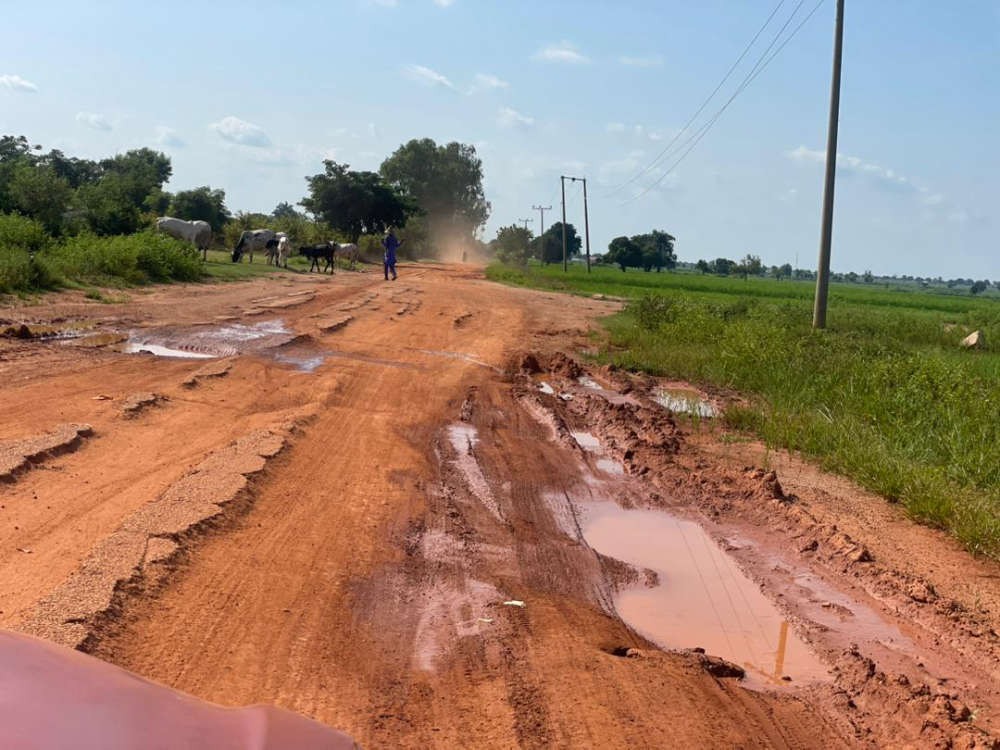
When it rains, the area becomes impassable. Some residents said even attempts to rehabilitate the road made it worse.
The Ward Head of Kofan Arewa in Garin Babba, Alhaji Ibrahim Musa, appealed to the state government to act quickly.
“We are farmers. If the road is fixed, we can take our goods to market and feed our families. But every day that passes, more lives are lost.”
Musbahu Haske, a youth leader in the community, recalled that the House of Representatives member for Kura/Madobi/Garun Mallam, Kabiru Idris Danhassan, had once constructed 1.5 kilometres of the road during his time in office.
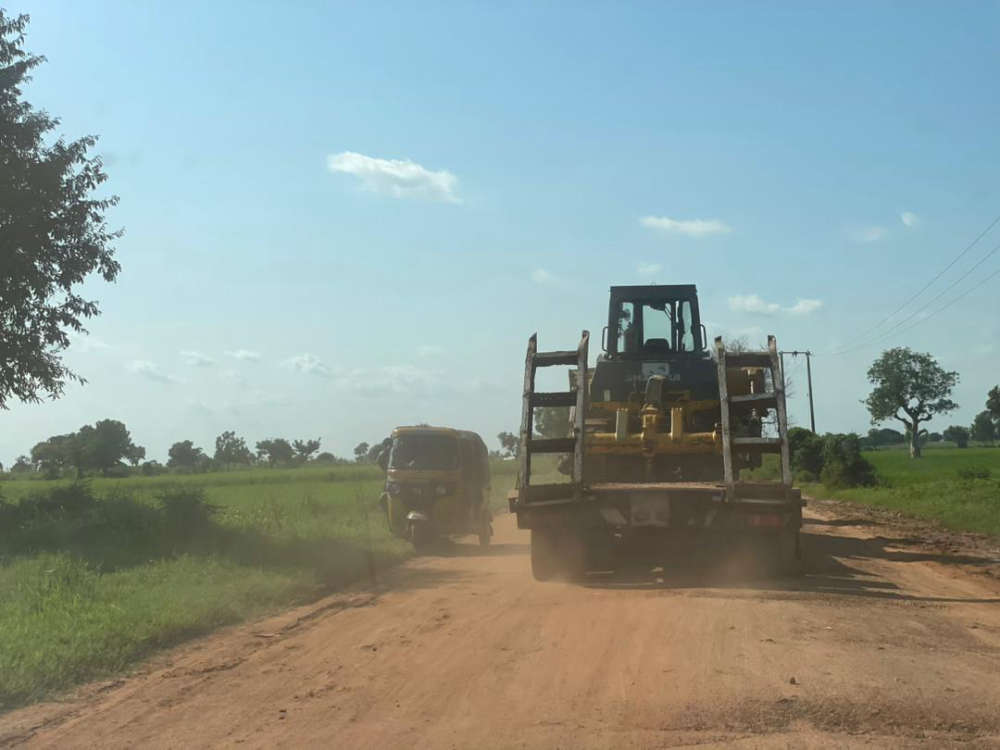
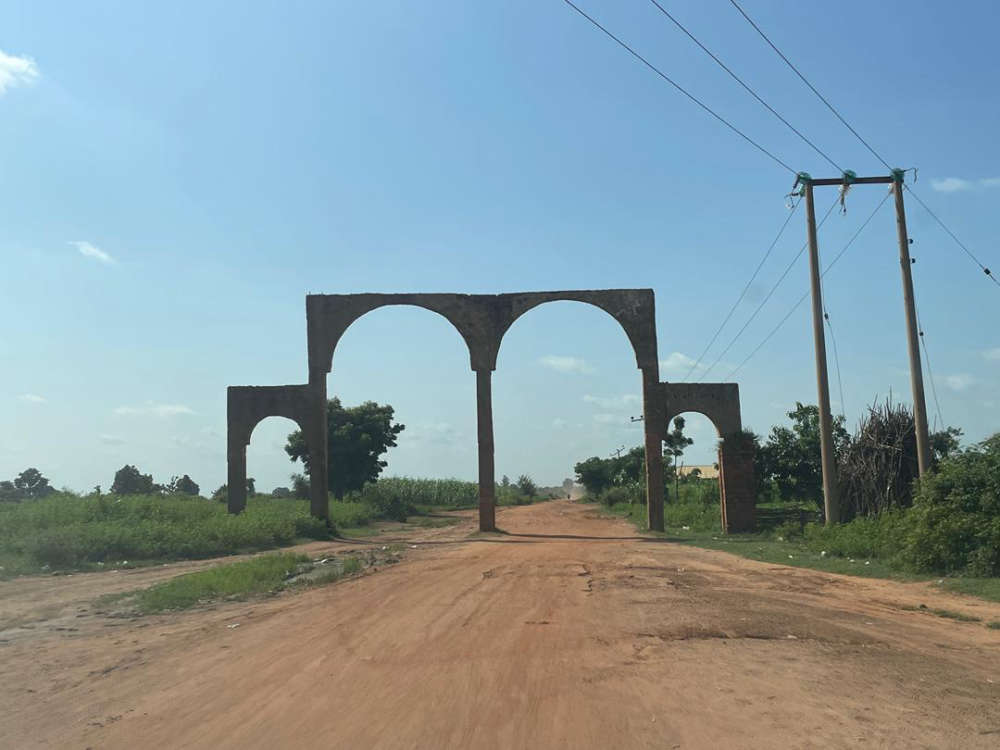
Similarly, Senator Rufa’i Sani Hanga, representing Kano Central, had facilitated a road project, but according to Musbahu, only about 200 meters were repaired.
“The contractors started work but stopped halfway. Now, the road is worse than before. Two cars cannot pass at once, and people are always falling.
We appreciate the effort, but what about the rest?” he asked. “We need the whole road, not a small portion.”
Promises and Hopes
In response, Nura Abubakar Mai Karfi Dala, Personal Assistant to Senator Hanga, confirmed that the project has been included in the senator’s ongoing development plans.
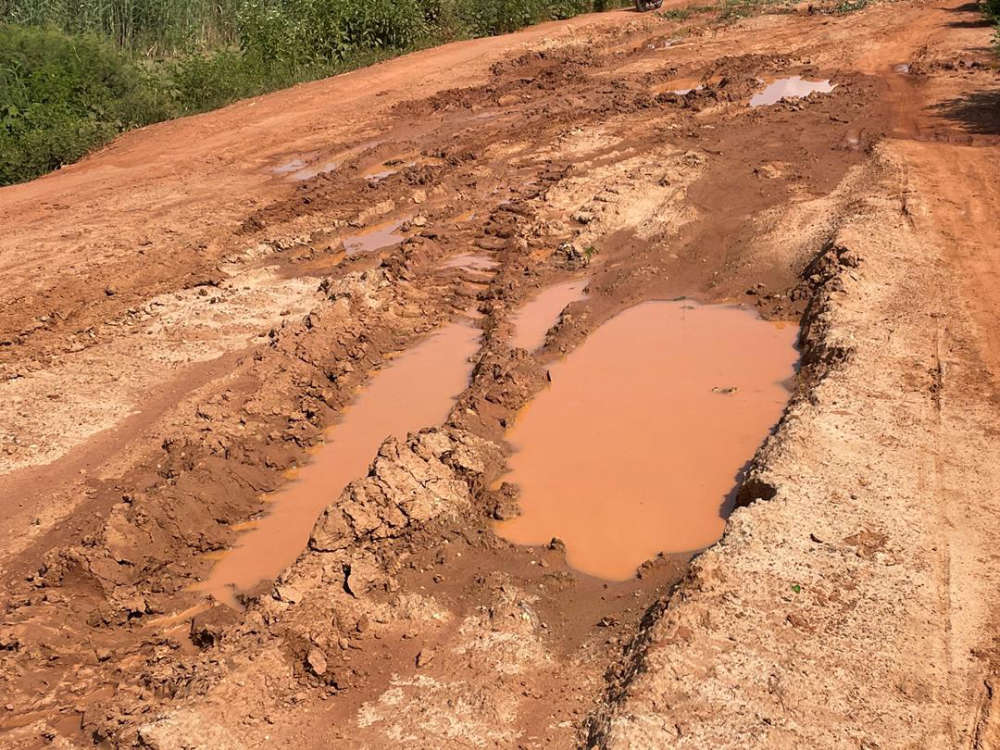
“The Senator is committed. He knows how important this road is to the people. Currently, the road is included in his constituency projects. I want to assure them that the contractor will be back on site.”
Also speaking, the Kano State Commissioner for Works, Engr. Marwan Ahmad also assured that the government would act.
“We are committed to addressing their plight, but the community should document their challenges formally for faster action.”
For the people of Garin Babba, the bad road is not just a physical barrier; it is a symbol of neglect, poverty, and loss.
From Fatima’s untimely death to Naziru’s limp, from Lawan’s shrinking income to the mother who died in a tricycle, every story is a painful reminder that infrastructure failure can destroy lives.
Residents are hoping that their cries will finally reach those in power before next year's rainy season.


